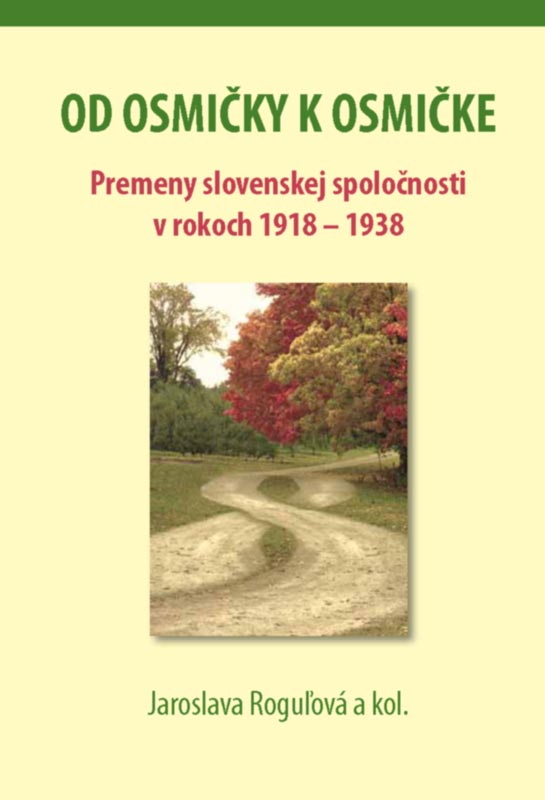Pravidlá parlamentnej demokracie a obmedzenia v ich uplatňovaní v slovenskej spoločnosti 20. rokov 20. storočia
The Parliamentary Democracy Principles and Limits of their Application in the Slovak Society in the 1920s
Author(s): Milan Zemko
Subject(s): Political history, Government/Political systems, Interwar Period (1920 - 1939)
Published by: SAV - Slovenská akadémia vied - Historický ústav SAV
Keywords: Slovak Society; 1920s; Parliamentary Democracy Principles;
Summary/Abstract: The Czechoslovak Republic was, besides Switzerland, until the Munich Agreement in September 1938, the only parliamentary democracy of the Central-Eastern Europe in the period between the two world wars. However, it does not mean that the Czechoslovak democracy did not show any democratic practices shortfalls which were not usual in the traditional Western democracies. These shortcomings of democratic politics weakened the trust of the Czechoslovak citizens into the democratic regime at that time. The paper studies symptoms of that deficit in the three areas of the political life at the time: 1) insufficient respect to valid laws and democratic rules of the Czechoslovak political life, 2) the unfair ways of the political struggle among political parties and, 3) personal scandals of prominent and influent politicians and, often, their obscure solutions, which also spread in the public doubts about the correctness and purity of the Czechoslovak politics at that time. Anyway, the Czechoslovak political elite were able to preserve the parliamentary democracy in Czechoslovakia. The factors of its decline, after Munich, were primarily external.
Book: Od osmičky k osmičke. Premeny slovenskej spoločnosti v rokoch 1918 - 1938
- Page Range: 7-16
- Page Count: 10
- Publication Year: 2009
- Language: Slovak
- Content File-PDF

